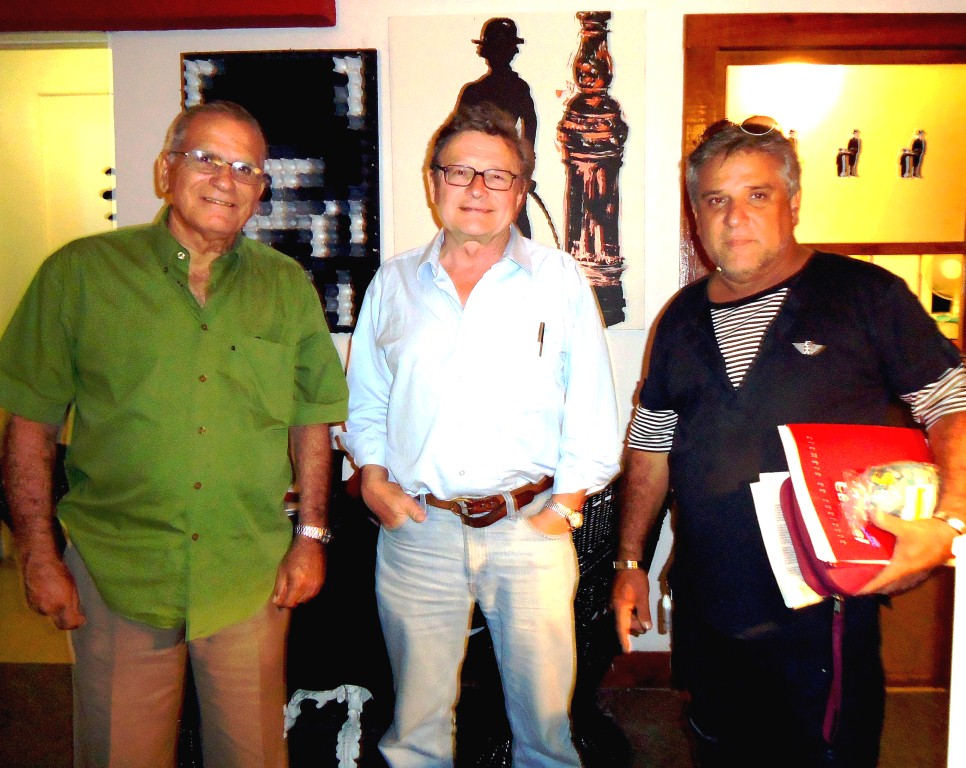From the “Cuba Central Team”, May 22, 2014
Original article here: US CONGRESS’S OMNIBUS BIDGET BILL AND CUBA POLICY
Step-by-step, legislation is working its way through Congress to curtail much of the progress President Obama is making in U.S.-Cuba relations by cutting the funds needed by federal agencies to implement his new policies.
Today, we ask: Will those who benefit most from the new policies that encourage travel and trade with Cuba do nothing but stand on the sidelines in the expectation that President Obama will veto the bills that reverse them?
In 2011, after President Obama reinstated the rules allowing Cuban Americans to visit their relatives on the island and permitting all Americans to send remittances to Cubans, hardliners used the budget process to prevent the policies from being implemented.
Back then, the White House issued a policy statement promising to veto the legislation unless the budget riders on Cuba were removed. The President’s supporters, who comprised the majority in the Senate, kept the provisions out of the big budget bills that finally emerged from paralysis and delays on Capitol Hill. Legislation reversing the modest but hopeful travel and remittance reforms never reached the President’s desk.
As a result, hundreds of thousands of journeys between the United States and Cuba have taken place every year reuniting families, while increasing numbers of Cubans receiving the economic support they needed to run their own businesses and lead more independent lives.
This is a different time. On December 17th, the President changed the whole intent of U.S. policy and the architecture of U.S.-Cuba relations.
For the first time in six decades, the U.S. government is encouraging citizen diplomacy, greater travel and trade, the telecommunications, travel, and other industries, to build relationships and stronger ties with Cuban counterparts — putting our country on the side of Cubans succeeding, rather than rooting for the Cuban government and system to fail.
That is why Jet Blue and other airlines are expanding charter services and planning commercial routes, why ferry companies are planning to set sail for Havana, why Airbnb and Netflix are hoping to build real businesses in the Cuban market, why Governors like Andrew Cuomo are trying to position companies in their states to succeed.
It is why Americans across the country, and Cuban Americans in the communities where they live, are so deeply committed to a policy that puts the Cold War behind us and puts our country on the right side of history.
Unless the Congress pulls the plug with the budget riders they’ve put into play. The House Appropriations Committee has already voted to ground new commercial or charter flights that come into being after March 15, 2015 in the transportation department budget bill. Jet Blue and Tampa International Airport — that means you.
A similar set of restrictions in the same measure would stop the new ferries from ever leaving port, despite one estimate that says every ship put into service would provide as much as $340 million back into Florida’s economy. Fort Lauderdale, Tampa, Orlando, Miami? Don’t spend it yet.
Then, there’s the Commerce Department bill shutting down U.S. exports to Cuba. Telecommunications firms? Others? Better dial 9-11.
Even worse, as USA Today reports, there are budget restrictions yet to be voted on: restoring the limits on travel and restricting the use of American dollars on the island — take that MasterCard and American Express.
Where are the adults? Not in the House. Speaker John Boehner, as the Washington Post reported this morning is giving the greenlight to hardliners who are “interested in stopping this progression toward normal relations with Cuba.”
Certainly not in the Senate, where hardliners won’t allow an Ambassador to be confirmed to represent our country and its interests in the new embassy in Havana, should they allow it the funds to open at all.
Here’s the bottom line. Whether Congress follows the regular order and starts enacting bills to finance Cabinet departments separately — or it wraps them all together in one giant package — sooner or later all these restrictions are going to land with a thump and a thud on President Obama’s Oval Office desk.
Congress may even force him to choose between closing down his Cuba policy and shutting down the federal government.
We think the President will warm up his veto pen and choose to save a policy that is good for our country, good for Cubans, and a cornerstone of his foreign policy legacy.
And so we ask again, as we did at the outset: will those who stand to benefit most from his decisions make him face that choice alone?


